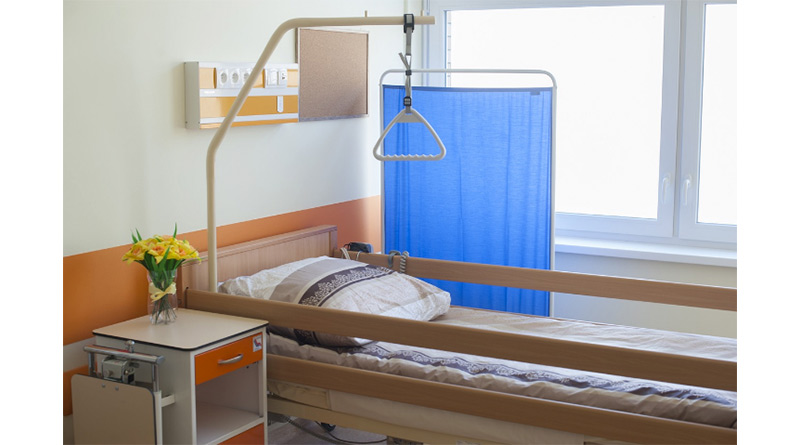Care Home Operators Demonstrate Resilient Performance Despite The Challenges Of COVID-19
The UK care home sector has adapted immensely well to the challenges posed by COVID-19, resulting in a resilient trading performance, despite the continued challenges around staffing, according to the latest UK Care Homes Trading Performance Review 2020 by leading global property adviser Knight Frank.
The Knight Frank care home index, which collects data from corporate care home providers across the UK, encompassing 112,000 beds across 819 towns and cities, reveals that despite the challenges of the pandemic, care providers have remained incredibly resilient. Although occupancy fell by 8.5% during Q2 2020, recovery has already begun with the occupancy rate up by 1.2% in the third quarter, and rigid testing procedures in place mean that operators are well prepared in the event of a second wave.
Staffing issues continue to be the most critical challenge for care home operators both in terms of cost and recruitment. This has been exacerbated by COVID-19, with staff costs increasing by 3.7% among other growing costs. The cost burden has resulted in average weekly care home fees rising 6% in the last 12 months, adding to the trend seen in the last decade.
Many providers continue to see staffing as a major area of concern and staff costs represented 58% of income in the 2019/20 financial year. This is particularly acute given the social care funding crisis, however the Adult Social Care Infection Control Fund, which was introduced to support infection control and related costs, is set to last until March 2021 and is providing a buffer for operators.
There has been a limited impact on care home profitability thus far in the pandemic, with EBITDARM having declined only by 0.6% so far in 2020. This is as a result of the care operators and the social care workforce who have rallied to protect residents, support the wider healthcare system, and made significant personal sacrifices in the process.
Julian Evans, Head of Healthcare, Knight Frank, said: “This crisis has demonstrated the resilience and capability of our residential care sector and shown the outstanding collaboration between the private sector, social care sector and NHS at this time of need. Undoubtedly, the pandemic has tested and will continue to test operators financially well into next year, but it’s critical that we continue to champion the incredible performance of care home operators and their workforces during the COVID-19 outbreak.
“Unfortunately, the pandemic has also highlighted the lack of investment by successive governments into the sector, and therefore the urgent need to prioritise preventative and crisis funding. COVID-19 has merely accelerated trends to scrutinise those buildings that are not fit for purpose whilst emphasising the insufficient funding available for reinvestment into existing care homes, which has therefore expedited the number of potential care home closures.
“Looking forward, group operators are now in a much stronger position and demand for elderly care beds remains incredibly robust in the UK, however staffing and ongoing funding continue to be the most critical areas of concern in the industry, with many providers affected by the social care funding crisis. A comprehensive solution is needed to address this and increase the number of registered nurses available to the care sector.”
The COVID-19 pandemic has placed additional pressures on the care home market which had already seen closures due to a range of factors including the continued impact of the National Living Wage affecting an already constrained labour market and ongoing staffing challenges, with an acute shortage of qualified nurses, combined with restrained care home development owing to building material inflation costs.
COVID-19 has also highlighted the need for investment and innovation in the UK healthcare property sector, having accelerated trends that will lead to closures of care homes, that are no longer fit for purpose, resulting in a significant national shortfall of bed provision. Knight Frank predicts that care home design will adapt to meet future virus experience and that care homes will need to innovate their operational procedures post COVID-19, including an increased use of telemedicine.






